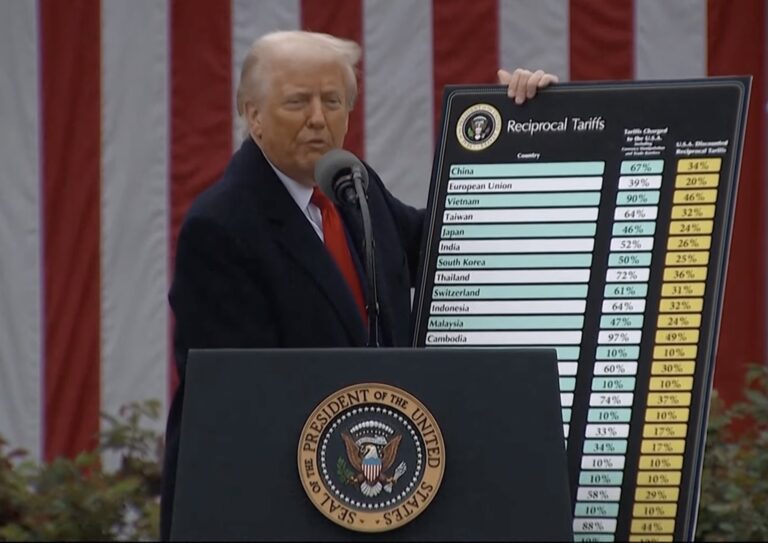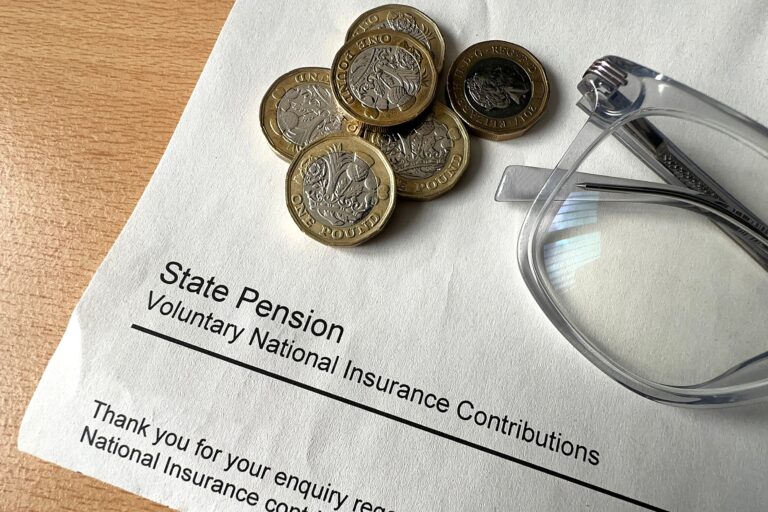Introduction
A Self-Invested Personal Pension (SIPP) offers you the flexibility to manage your retirement funds according to your preferences.
With a SIPP, you have the freedom to invest in the areas you choose and determine the timing and amount of your contributions. Enjoying the same tax advantages as a traditional pension, you can benefit from government support, receiving tax relief of up to 45% (or 47% for Scottish rate taxpayers) on your contributions.
Additionally, a SIPP allows you to streamline your pension accounts by consolidating them into one convenient online platform. Accessing funds is possible from the age of 55 (scheduled to rise to 57 by 2028).
However, it’s important to note that pension and tax regulations are subject to change, and the benefits you receive will be dependent on your individual circumstances.
1. how much can i pay into a sipp?
The maximum contribution to a SIPP depends on various factors such as your residency status, age, and earnings. For UK residents under 75, typically, the maximum annual contribution is equivalent to their annual earnings, up to £60,000 collectively across all pensions, with tax relief.
However, individual circumstances may allow for contributions exceeding or falling below this threshold. Factors such as unused allowances from previous tax years, high earnings, or previous pension access may affect the amount you can contribute.
2. when can i take money from the sipp?
Accessing funds from a SIPP becomes available at age 55 (scheduled to rise to 57 by 2028), even if you’re still employed. At this point, you have the option to withdraw money from your pension.
You can use your SIPP to purchase an annuity for a guaranteed income throughout your life, or alternatively, keep the funds invested and withdraw them as necessary.
Additionally, you’re entitled to withdraw up to 25% of the accumulated amount tax-free, while any other income withdrawals are subject to taxation.Consistently produce content that is informative, entertaining, and valuable.
3. what happens to my sipp when i die?
When you die, your SIPP can be inherited by your beneficiaries, typically exempt from inheritance tax in most instances.
If you pass away before reaching the age of 75, your beneficiaries can generally withdraw funds from your pension without incurring tax liabilities.However, if you were to die after your 75th birthday, withdrawals by the beneficiaries will be subject to taxation, and treated as part of their income and taxed accordingly based on their withdrawals and overall income.
You have the option to nominate one or multiple beneficiaries, commonly a spouse or child, although you can select anyone you prefer, and there is no limit on the number of beneficiaries you can nominate.
conclusion
Self-Invested Personal Pensions (SIPPs) offer you a versatile and tax-efficient means to save for retirement. With the flexibility to contribute whenever you choose and the added benefit of government tax relief, SIPPs provide a platform for investment growth free from UK taxation.
While traditional personal pensions and stakeholder pensions each have their own advantages and limitations, SIPPs stand out for their extensive investment choices, which can significantly impact the size of your pension pot and eventual retirement.
Whether opting for self-directed investments or seeking professional advice, the varying charges associated with SIPPs highlight the importance of selecting a provider and service that align with your financial goals and aspirations.
Ultimately, SIPPs empower you to take control of your retirement savings, offering the potential for long-term financial security and peace of mind.
.










